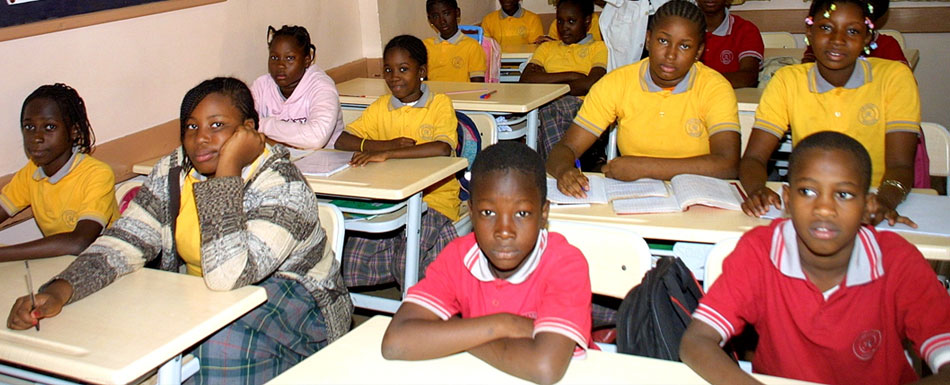Turkey, quo vadis?

Indigenous African Knowledge has it that the ear that will go deaf does not respond to medicine. This seems to sum up well the recurrent trend of events in the running of Turkish affairs under President Recep Tayyip Erdoğan.
Why did the whole world rise up in arms against the pre-election move to muzzle the Turkish independent media? Why is Erdoğan's rule little by little touching the wrong Euro-American chord? And of all things, for that matter, why the campaign of closing educational institutions with a scent of the Hizmet movement of Fethullah Gülen? Who really is the enemy of Turkey running the perceived “parallel state”?
Those who have taken political studies will remember the properties of a failing system. One of them is the creation of a common enemy. This helps those in power to divert the people's attention from thinking about their current pressing problems and instead think about that “perceived monster.”
Indeed, one need not interfere with the internal affairs of Turkey or any other country, for that matter. Definitely not. But in the course of building their society, the Turkish people have their inalienable rights. They are entitled to a democratic process of going about their business. They need good governance. They need transparency. They need freedom of worship. They need unity.
They need a government that is fully accountable for its deeds. With this in mind, how does one conceive the consequences of grand corruption that was let out of the bag on Dec. 17, 2013, involving high-ranking leaders and their children? This constituted a very bad end-of-the year present for Turkish society.
The Turkish people are being told that Gülen, who currently lives in the United States, is a dangerous element in society. They are made not only to understand but also believe he is the man behind the perceived “parallel state.”
They are misled to mistrust a school network running on Fethullah Gülen's vision. When did ignorance cease to be one of Turkish society's leading problems, alongside disease and intolerance? How does one deal with intolerance in society without creating a fertile ground for dialogue to take root and grow? How can delivering dialogue come on stage without commensurate education? How can society improve its education delivery system by closing schools? This is unimaginable. It is a big contradiction in terms and principle. Here is the case where two negatives (wrongs) do not make one positive. The affairs of society cannot be put to a mathematical test.
The world today is so small that to close your eyes to malfunctions taking place in one society creates a potential threat of their possible spillover to other societies, with possibly more serious ramifications.
A live example is Gambia. This West African state fell victim to what has made headlines in the media as Erdoğan's African mission and dismantling Turkish schools, whereby leaders are, strangely but true, prompted to close them. This is a very unfortunate development. What on earth can one exchange for ignorance?
Tanzania is one of the African countries that are benefitting from the contribution of Fethullah Gülen's visionary schools. We have secondary schools running under the name Feza. They perform very well. They are among the top 10 schools there. Tanzania's worst enemies are poverty, ignorance and disease. On this note alone, I pray that the campaign to close down Hizmet schools does not find a home here. Long live the Feza schools.
In the economic scene, Tanzania is already doing good business with Turkey. There is a healthy relationship between Tanzanian businessmen and tens of thousands members of the Turkish Confederation of Businessmen and Industrialists (TUSKON).
I don't know whether to say fortunately or unfortunately, but the institution is also a product of Gülen's vision. In Tanzania there is an association -- ABITAT -- that links businesspeople on both sides. One hopes that it will survive Erdoğan's axe or hammer.
Felix Kaiza is a Tanzania-based senior journalist.
- Created on .
